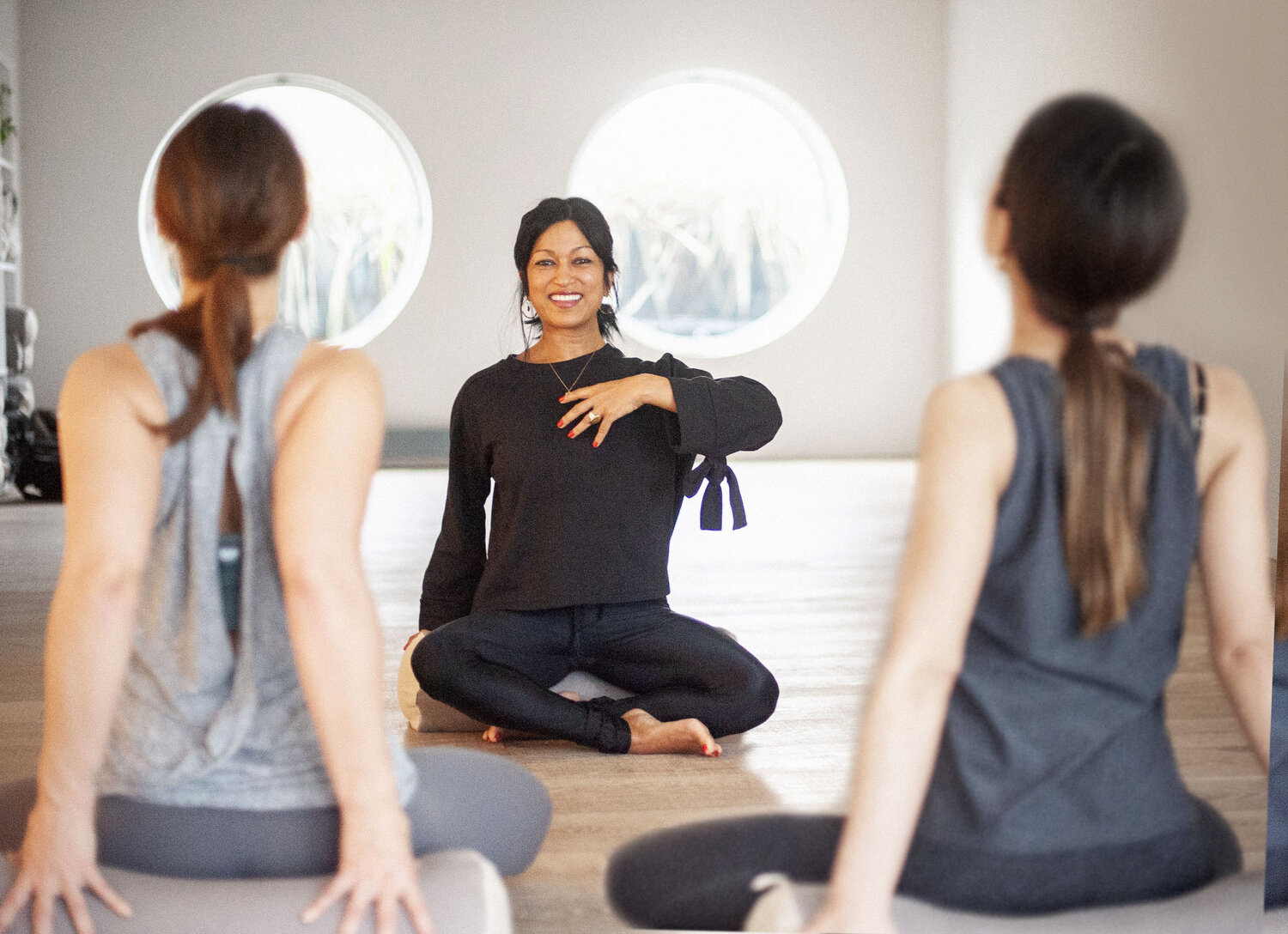The pandemic has increased remote working practice. Many companies are asking employees to work from home. However, working from home has its disadvantages.
Lack of social interaction can often take even the freest and light-hearted person into depression. Among the many methods of dealing with depression, ‘yoga’ could be an excellent way to deal with this state of mind.

‘Yoga’ can conjure images of gravity-defying exercises or women in leggings or even something mystical. Attending a ‘yoga’ class seems intimidating, especially if you are a beginner. However, the reality is just the opposite. Rather than causing anxiety for embarrassed newcomers, ‘yoga’ can be fair treatment.
Inews.co.uk reports a study conducted by Scientists from the Grossman School of Medicine at New York University. Cognitive-behavioral therapy (CBT) was tried in the first group. The second group was treated with stress-management education and the third group by kundalini ‘yoga.’
Yoga Proven Effect
The CBT group gave the best result, with 71% of people showing improvement. The ‘yoga’ groups showed a 54% improvement in symptoms. The stress-management techniques group showed a 33% improvement in symptoms. ‘
NHS has already socially prescribed ‘Yoga.’ In other words, Doctors can refer to patient’s services within the community.
Gillian Osborne is the vice-chair of the British Wheel of ‘yoga’ (BWY), the governing body for ‘yoga’ under Sport England. She said that ‘yoga’ is also very good at managing anxiety-related disorders. It’s effective at helping people to relax and to gain control of their breathing.
5000 Years Old Practice
A person with anxiety disorder suffers from impaired breathing. They often hold or restrict their breathing. Osborne explains that ‘Pranayama’ or a technique to control breathing will help in this case. It will also have a beneficial effect on the mind. The person will also feel calmer, be more balanced, and sleep better.